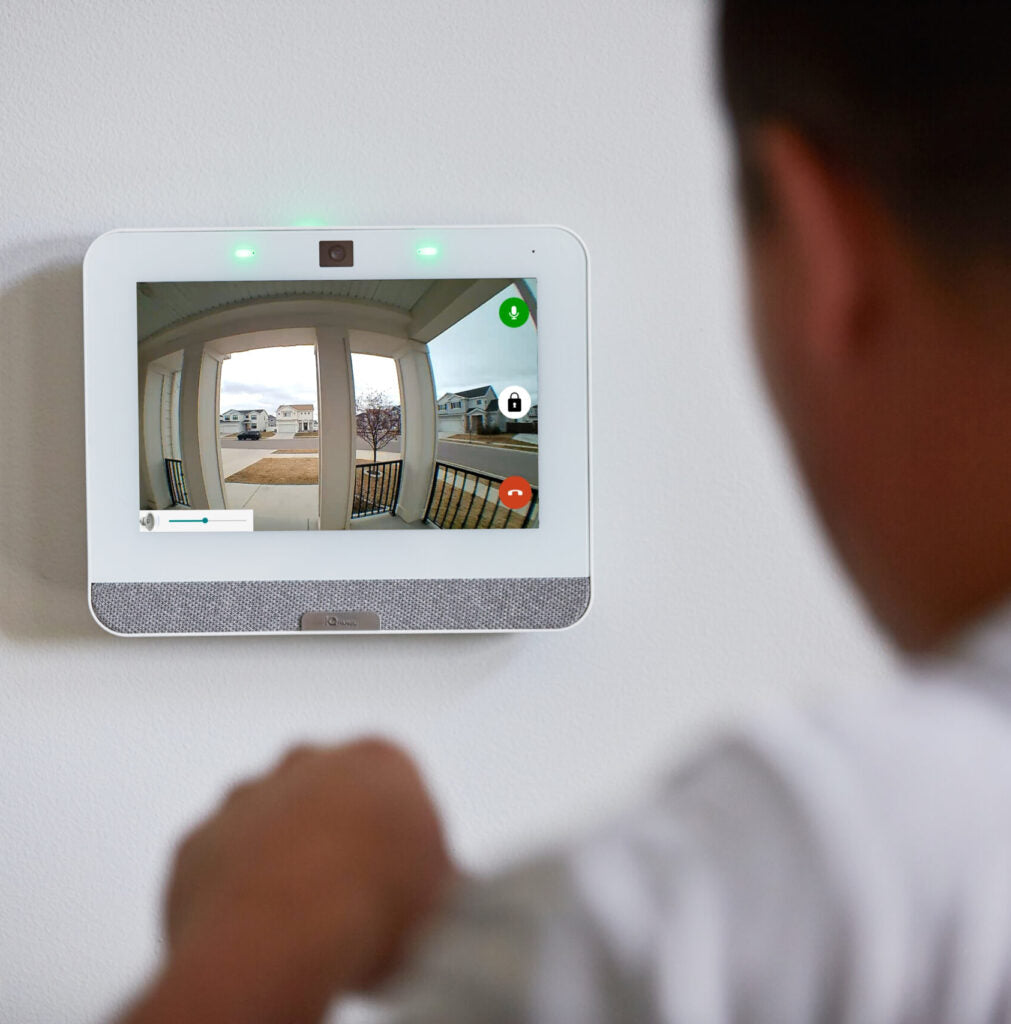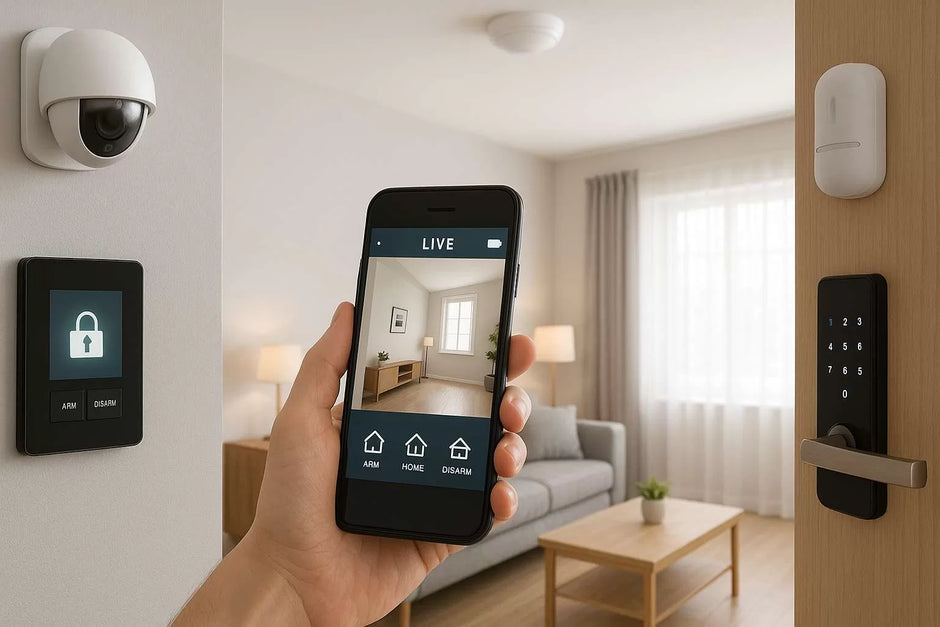As smart home technology continues to evolve, voice-controlled devices like Amazon Alexa, Google Assistant, and Apple’s Siri are becoming central to how we manage our homes. From turning off lights to locking doors or monitoring security cameras, voice commands offer unmatched convenience. But with this ease comes a critical question: does convenience compromise security?
The Appeal of Voice-Controlled Security
Voice control has made smart home security more accessible than ever. Imagine disarming your alarm while holding groceries, or checking who’s at the door without lifting a finger. These systems integrate seamlessly with smart locks, cameras, lights, and alarms, streamlining home protection.
Benefits include:
-
Hands-free operation – Ideal for multitasking or physically challenged users.
-
Faster response times – Voice commands can trigger actions instantly.
-
Integration – Syncs with other smart devices for a holistic security system.
The Hidden Risks
While voice control enhances convenience, it may introduce vulnerabilities if not properly secured.
-
Unauthorized Access
Voice assistants may respond to any voice, not just yours. If your system isn't set up with voice recognition or proper authentication, someone outside a window could potentially issue commands. -
Privacy Invasion
Smart assistants are always listening for a wake word. While this is necessary for responsiveness, it also raises privacy concerns. Recordings may be stored in the cloud and could potentially be accessed by third parties or hackers. -
Dependence on Connectivity
If your internet goes down, or the cloud service is disrupted, your security system may become unresponsive to voice commands. -
Data Breaches
With security logs, routines, and access data stored online, any breach can expose sensitive information about your home and habits.
Striking the Balance
To safely enjoy voice-controlled home security:
-
Enable voice recognition or multi-factor authentication.
-
Regularly update device firmware and software.
-
Review privacy settings and limit data sharing.
-
Use unique, complex passwords and secure your Wi-Fi network.
-
Disable voice access for sensitive commands like unlocking doors, unless you're present.
Conclusion
Voice-controlled home security offers convenience that was once the stuff of science fiction. But as with all technology, it comes with trade-offs. The key is not to reject voice control but to understand and mitigate its risks. With the right precautions, you can enjoy both convenience and peace of mind.








